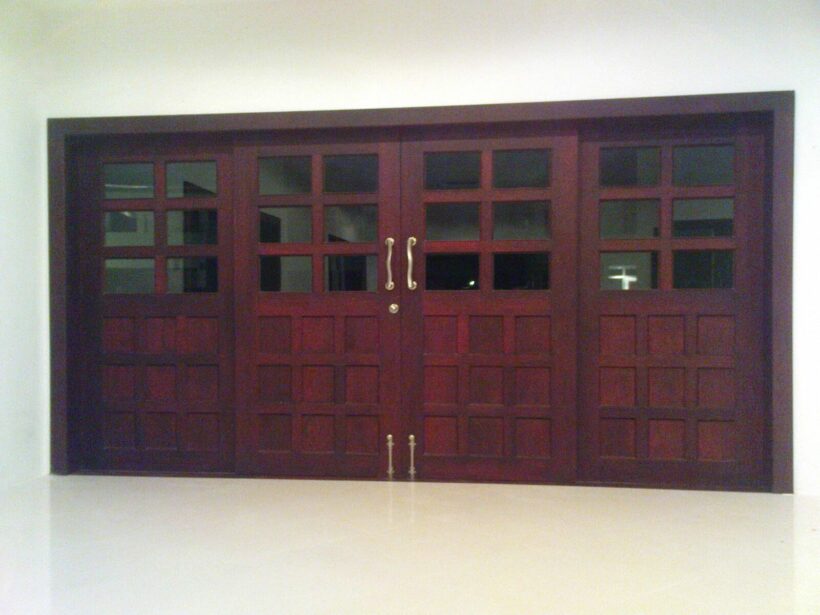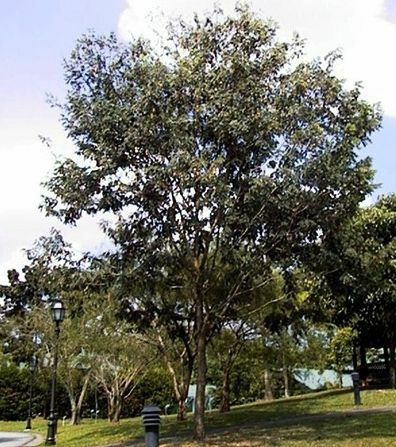Architect Mario Kleff demonstrates the use of exotic wood in furniture design for luxury homes

Exotic hardwood from Thailand has become increasingly popular within the local furniture market. Homeowners are looking towards locally sourced materials more frequently now for their bespoke furniture requirements.
The rarest domestic hardwood types in Thailand include Dalbergia Cochinchinensis, Afzelia Xylocarpa and Tectona grandis. If these names are too hard to even attempt to pronounce, don’t worry, because we can’t say them either! But all three are native to the region and can be finished to the highest standards, producing attractive dark-brown colours.

According to the Royal Forest Department of Thailand in 2015, the price of Dalbergia Cochinchinensis (Siamese rosewood) was $30,000 USD per cubic meter on the black market!
Mario Kleff, the Pattaya-based architect, known for designing and engineering high-quality residential buildings in Pattaya and across Thailand has started manufacturing bespoke furniture using the three types of local hardwood. One of his latest showpieces is a 2,500 m² villa with groundbreaking construction solutions at the Majestic Residence site on Khao Phra Tamnak, Pattaya. For the eclectic architect, using locally sourced and high-quality materials to construct the interiors and the solid furniture items was going to be his preference.

One client of Mario’s specifically requested that he designed both the building and all of the interior. With a significant budget in mind, Mario and his team looked to the local markets to source the best hardwoods in Thailand so the interior design could match the Brutalist architecture style of the building. With an exposed concrete body outside and white walls on the inside, it was agreed that windows, doors, and free-standing pieces should be hand-made of rare and exotic hardwood to give an outstanding finish.
This unique approach to furniture production required significant pieces of raw wood to be sourced. The minimum requirement for some pieces of furniture was for a solid chunk of hardwood two meters long and half a meter wide. To get such a large piece of wood from the source, the tree needs to grow for almost an entire generation. Therefore, large pieces are extremely difficult to find.
Due to the limited wood supply in Thailand, such pieces are usually not available in large quantities, so each piece must be carefully cut and handled to maintain the beauty of the unique grain.


Mr Kleff and his team of expert engineers, architects and interior designers were able to acquire the rare and incredibly expensive wood types locally and process it at their site. The processing also includes dying the wood to give it that dark finish, as shown in the images.

Latest Thailand News
Follow The Thaiger on Google News:


























